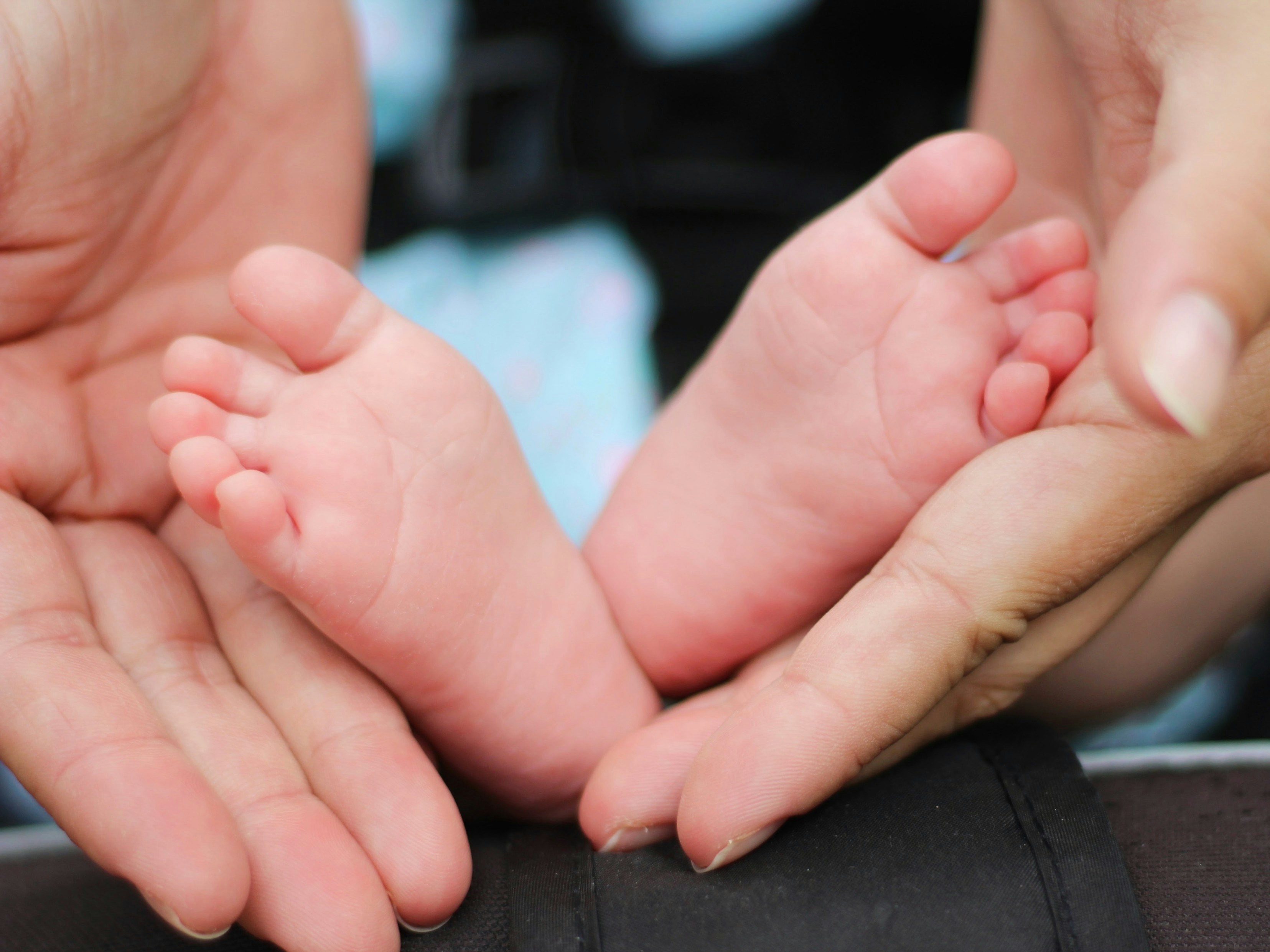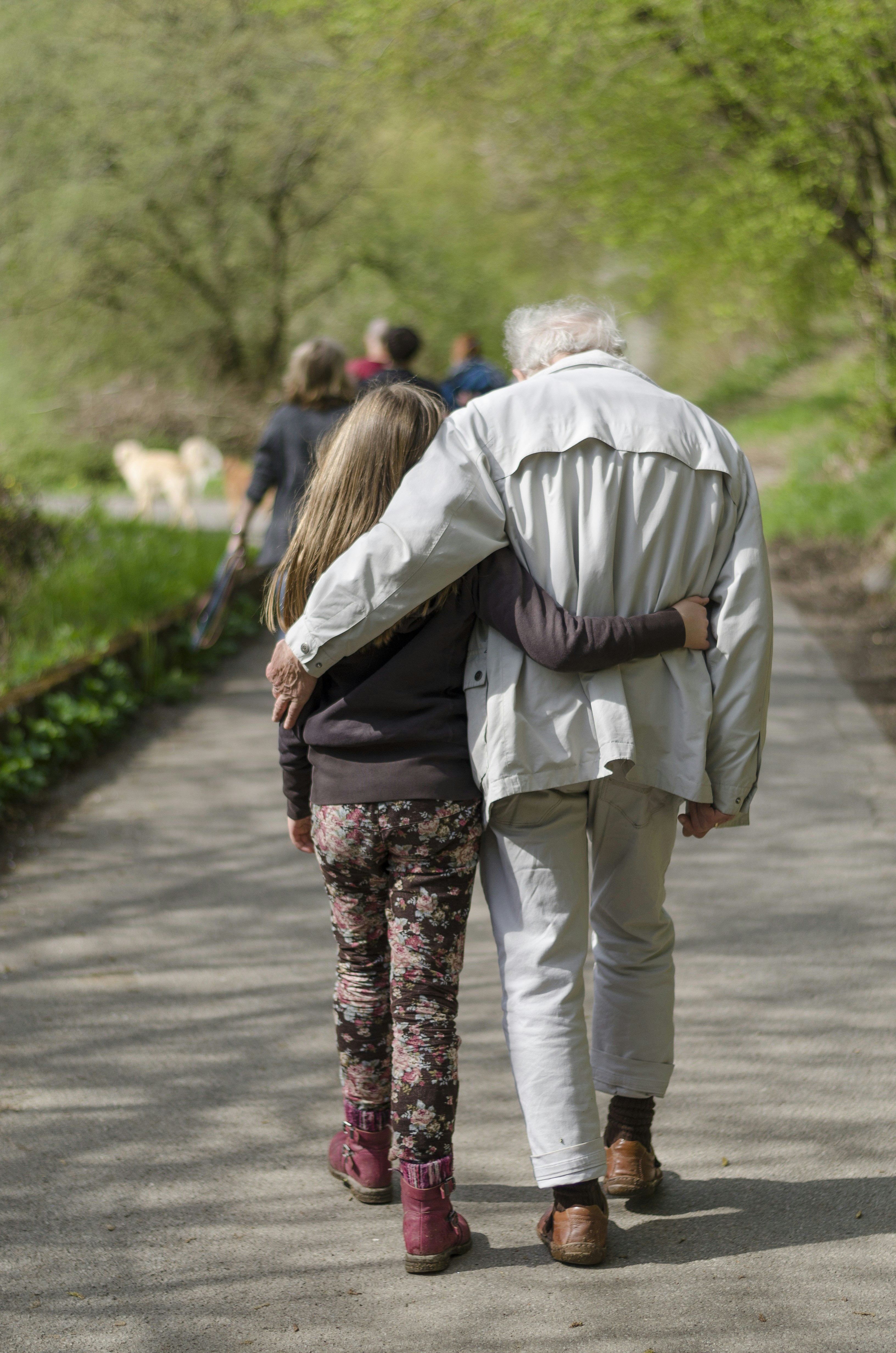The Silent Revolution: How Noncompetitive Sports Are Changing Family Dynamics
Published on September 22, 2024
The Silent Revolution: How Noncompetitive Sports Are Changing Family Dynamics
In a world where competitive sports often dominate youth activities, a quiet revolution is taking place. Noncompetitive sports are gaining traction, offering families a refreshing alternative that fosters connection, reduces stress, and promotes overall well-being. Let's explore how these activities are reshaping family dynamics and providing unexpected benefits.

The Rise of Noncompetitive Sports
Noncompetitive sports encompass a wide range of activities, including:
- Yoga
- Hiking
- Rock climbing
- Skateboarding
- Surfing
- Tai Chi
These activities focus on personal growth, skill development, and enjoyment rather than winning or defeating opponents. This shift in focus can have profound effects on family dynamics and individual well-being.
Reducing Stress and Anxiety
One of the most significant benefits of noncompetitive sports is the reduction of stress and anxiety. Without the pressure to win or outperform others, family members can enjoy the activity for its own sake. This creates a more relaxed atmosphere that encourages open communication and bonding.
Fostering Cooperation Over Competition
Many noncompetitive sports emphasize teamwork and mutual support. For example, in rock climbing, family members can work together to solve problems and overcome challenges. This cooperative approach can translate into improved communication and problem-solving skills at home.

Embracing Individual Progress
Noncompetitive sports allow each family member to progress at their own pace. This individualized approach can boost self-esteem and confidence, particularly for children who may feel overshadowed in traditional competitive environments.
Creating Shared Experiences
Participating in noncompetitive sports as a family creates shared experiences and memories. These common activities can serve as conversation starters and strengthen family bonds over time.
Promoting Lifelong Health and Wellness
Many noncompetitive sports can be enjoyed throughout one's lifetime. By introducing these activities early, families can establish healthy habits that persist well into adulthood.
Mindfulness and Emotional Intelligence
Activities like yoga and tai chi often incorporate mindfulness practices. These can help family members develop greater emotional intelligence and self-awareness, leading to improved relationships and communication.
Conclusion
As families navigate the challenges of modern life, noncompetitive sports offer a valuable tool for strengthening bonds, reducing stress, and promoting overall well-being. By shifting the focus from winning to enjoying the journey together, these activities are quietly revolutionizing family dynamics.
If you're looking for more ways to improve family communication and well-being, consider trying Thinker, an AI-powered tool designed to enhance relationships and promote mental health. It's the perfect companion for families embarking on their noncompetitive sports journey.


